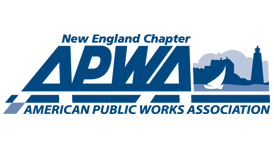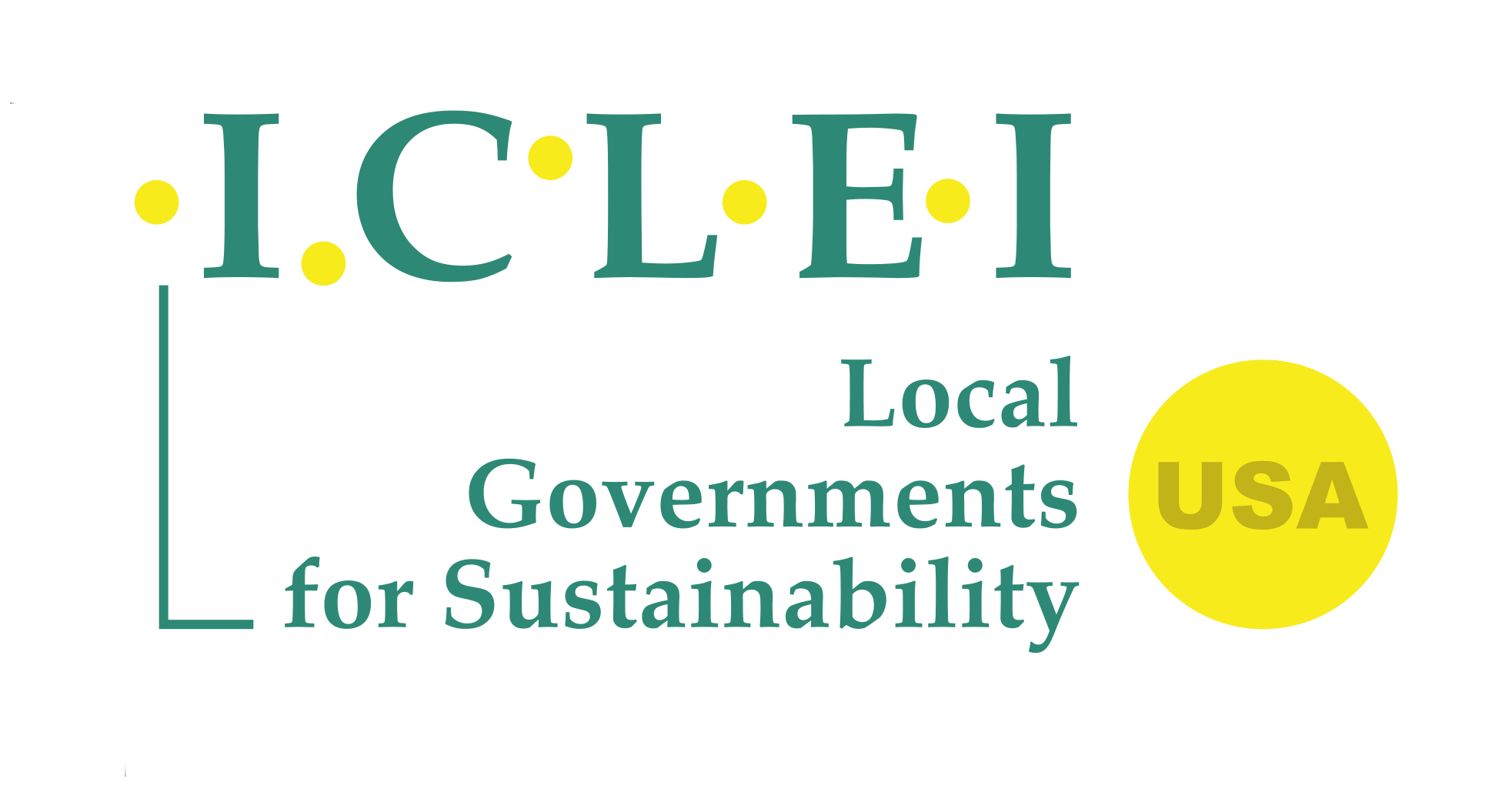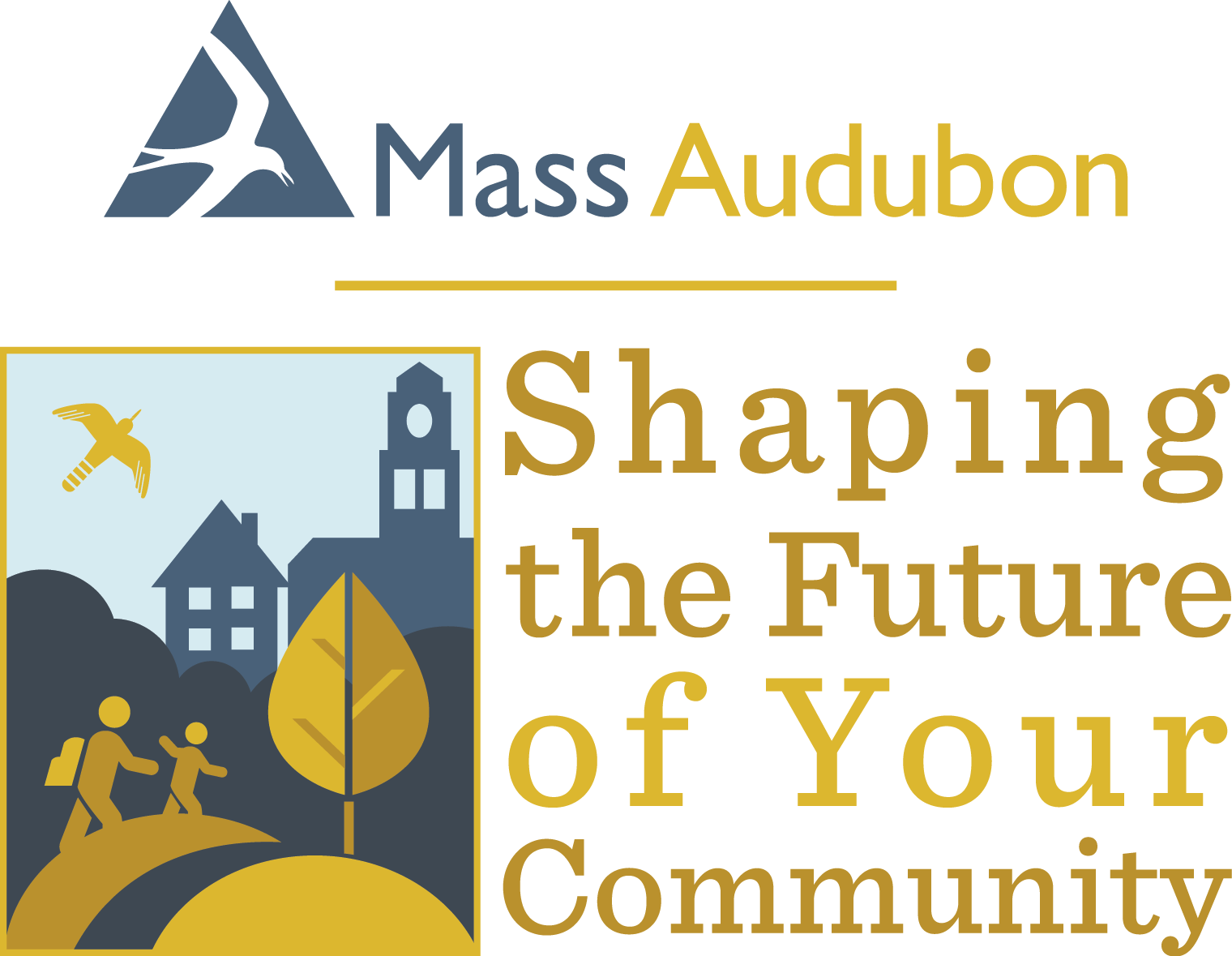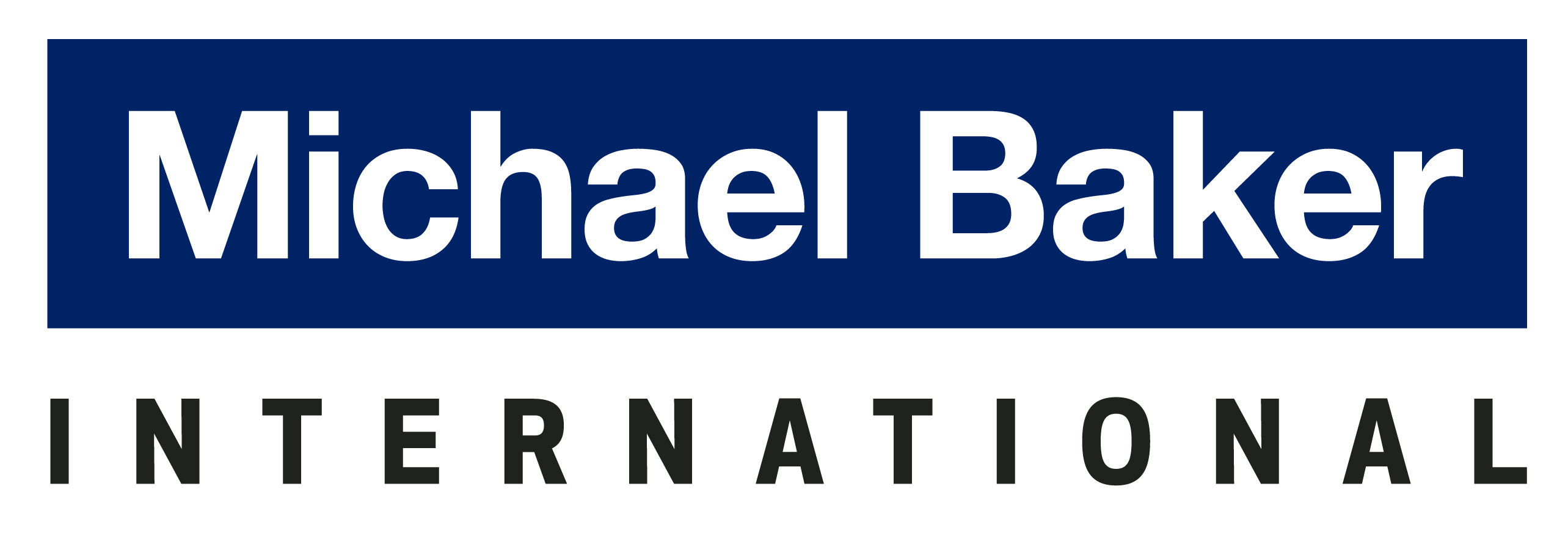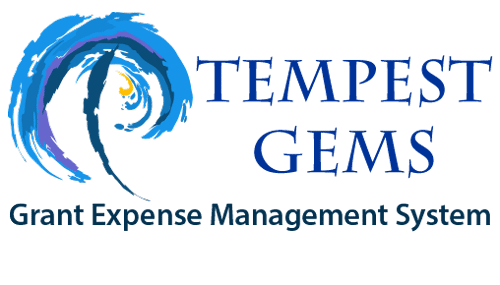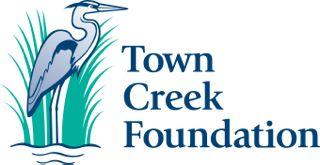Keynotes & Plenaries
printer-friendly list of keynotes & plenaries
- 32 American Institute of Certified Planners CMs available
- 12 Assoc. of Certified Floodplain Managers CECS for Certified Floodplain Managers available
- 1.55 American Public Works Association CEU hours available
Hope in Darkening Times: Pathways and Outcomes Worth Creating Together
Keynote: Dr. Susanne Moser, Director and Principal Researcher of Susanne Moser Research & Consulting, in Santa Cruz, CA and Social Science Research Fellow at Stanford’s Woods Institute for the Environment
 Dr. Susanne Moser is Director and Principal Researcher of Susanne Moser Research & Consulting, in Santa Cruz, CA and a Social Science Research Fellow at Stanford’s Woods Institute for the Environment. As a nationally and internationally recognized expert in climate change communication, the psychological dimension of human responses to climate change, adaptation and science-policy interactions, she works with governmental and non-governmental organizations, researchers and community groups in the US, Europe, Australia and Canada. Dr. Moser is a geographer by training (Ph.D. 1997, Clark University) with broad interdisciplinary expertise, and previously held positions at the National Center for Atmospheric Research in Boulder, Colorado, the Heinz Center in Washington, DC, and the Union of Concerned Scientists in Cambridge, MA. She has served on scientific and advisory boards for Future Earth, the International Social Science Council, the International Human Dimensions Program, the National Research Council, and numerous other agencies and organizations. She contributed to the Fourth and Fifth Assessment Reports of the IPCC, served as a Review Editor for the IPCC Special Report on Extreme Events, Disaster Risk Management and Adaptation, and helped scope the IPCC’s Special Report on 1.5 Degrees of Global Warming. She also was a member of the federal advisory committee on the Third US National Climate Assessment, and has lead, co-lead or contributed to regional assessments around the country. She is a fellow of the Aldo Leopold Leadership, Kavli Frontiers of Science, Donella Meadows Leadership, Google Science Communication, and Walton Sustainability Solutions Programs. For more information see: www.susannemoser.com.
Dr. Susanne Moser is Director and Principal Researcher of Susanne Moser Research & Consulting, in Santa Cruz, CA and a Social Science Research Fellow at Stanford’s Woods Institute for the Environment. As a nationally and internationally recognized expert in climate change communication, the psychological dimension of human responses to climate change, adaptation and science-policy interactions, she works with governmental and non-governmental organizations, researchers and community groups in the US, Europe, Australia and Canada. Dr. Moser is a geographer by training (Ph.D. 1997, Clark University) with broad interdisciplinary expertise, and previously held positions at the National Center for Atmospheric Research in Boulder, Colorado, the Heinz Center in Washington, DC, and the Union of Concerned Scientists in Cambridge, MA. She has served on scientific and advisory boards for Future Earth, the International Social Science Council, the International Human Dimensions Program, the National Research Council, and numerous other agencies and organizations. She contributed to the Fourth and Fifth Assessment Reports of the IPCC, served as a Review Editor for the IPCC Special Report on Extreme Events, Disaster Risk Management and Adaptation, and helped scope the IPCC’s Special Report on 1.5 Degrees of Global Warming. She also was a member of the federal advisory committee on the Third US National Climate Assessment, and has lead, co-lead or contributed to regional assessments around the country. She is a fellow of the Aldo Leopold Leadership, Kavli Frontiers of Science, Donella Meadows Leadership, Google Science Communication, and Walton Sustainability Solutions Programs. For more information see: www.susannemoser.com.
Designing for Resilience: “Blue and Green” Landscape Infrastructure
Keynote: Nina-Marie Lister; Founder & Director of Ecological Design Lab, Graduate Program Director and Associate Professor of Urban and Regional Planning at Ryerson University in Toronto
 Nina-Marie Lister is Graduate Program Director and Associate Professor of Urban and Regional Planning at Ryerson University in Toronto where she founded and directs the Ecological Design Lab. From 2009-2014, she was Visiting Associate Professor of Landscape Architecture at Harvard University’s Graduate School of Design. A Registered Professional Planner (MCIP, RPP) with post-graduate training in landscape ecology and urban planning, she is the founding principal of plandform.com a creative studio practice exploring the relationship between landscape, ecology, and urbanism. Lister’s research, teaching and practice focus on the confluence of culture and nature: her work centres on landscape infrastructure and ecological processes within contemporary metropolitan regions, and engages systems approaches to develop new methods for urban resilience and adaptive transformation. She is co-editor of Projective Ecologies (with Chris Reed, ACTAR Press, 2014) and The Ecosystem Approach: Complexity, Uncertainty, and Managing for Sustainability (with David Waltner-Toews and the late James Kay, Columbia University Press, 2008), and author of more than 40 professional practice and scholarly publications. Her work has been featured in many planning and design exhibitions including the Canadian Centre for Architecture in Montréal, the Chicago Architecture Foundation, the Toronto Design Exchange, and the Van Alen Institute in New York, and most recently as a collaborator in the Canadian exhibit, EXTRACTION at the 2017 Venice Architectural Biennale (curated by Pierre Bélanger). In recognition of her international leadership in ecological design, Lister was awarded Honourary Membership in the American Society of Landscape Architects.
Nina-Marie Lister is Graduate Program Director and Associate Professor of Urban and Regional Planning at Ryerson University in Toronto where she founded and directs the Ecological Design Lab. From 2009-2014, she was Visiting Associate Professor of Landscape Architecture at Harvard University’s Graduate School of Design. A Registered Professional Planner (MCIP, RPP) with post-graduate training in landscape ecology and urban planning, she is the founding principal of plandform.com a creative studio practice exploring the relationship between landscape, ecology, and urbanism. Lister’s research, teaching and practice focus on the confluence of culture and nature: her work centres on landscape infrastructure and ecological processes within contemporary metropolitan regions, and engages systems approaches to develop new methods for urban resilience and adaptive transformation. She is co-editor of Projective Ecologies (with Chris Reed, ACTAR Press, 2014) and The Ecosystem Approach: Complexity, Uncertainty, and Managing for Sustainability (with David Waltner-Toews and the late James Kay, Columbia University Press, 2008), and author of more than 40 professional practice and scholarly publications. Her work has been featured in many planning and design exhibitions including the Canadian Centre for Architecture in Montréal, the Chicago Architecture Foundation, the Toronto Design Exchange, and the Van Alen Institute in New York, and most recently as a collaborator in the Canadian exhibit, EXTRACTION at the 2017 Venice Architectural Biennale (curated by Pierre Bélanger). In recognition of her international leadership in ecological design, Lister was awarded Honourary Membership in the American Society of Landscape Architects.
Moderator: Bob Perciasepe,
President, Center for Climate and Energy Solutions (C2ES)
Gretchen Havreluk, Economic Development Specialist, Town of Wilmington, Vermont
Dan Yates, President & CEO of Brattleboro Savings & Loan
The impacts of climate change—rising sea level, more frequent and intense heat waves, flooding and drought, and other extreme weather events—are imposing significant costs on companies and communities alike. While companies continue to navigate changing business environments, today they also face changing physical environments. Climate change is affecting business facilities and operations, critical supply and distribution chains, as well as access to power and water. These physical impacts also have a human impact on companies’ employees and customers. Climate resilience is not a far-in-the-future possibility, but a right-now reality. All of us—individuals, communities, governments, planners, and businesses—need to work together to figure out how to embrace climate resilience.
 Bob Perciasepe is President of the Center for Climate and Energy Solutions (C2ES), which is widely recognized in the United States and internationally as a leading, independent voice for practical policy and action to address our energy and climate challenges.
Bob Perciasepe is President of the Center for Climate and Energy Solutions (C2ES), which is widely recognized in the United States and internationally as a leading, independent voice for practical policy and action to address our energy and climate challenges.
Mr. Perciasepe has been an environmental policy leader in and outside government for more than 40 years, most recently as Deputy Administrator of the U.S. Environmental Protection Agency (EPA). He is a respected expert on environmental stewardship, natural resource management, and public policy, and has built a reputation for bringing stakeholders together to solve issues. While Mr. Perciasepe served as Deputy Administrator from 2009 to 2014, EPA set stricter auto emissions and mileage standards, increased protections for the nation’s streams and rivers, and developed carbon emissions standards for power plants. Mr. Perciasepe was previously assistant administrator for both the agency’s water and clean air programs, leading efforts to improve the safety of America’s drinking water and development of a new infrastructure revolving fund for drinking water. He also led efforts to lower sulfur levels in gasoline and diesel fuel to reduce smog. In 2002, Mr. Perciasepe joined the National Audubon Society, one of the nation’s oldest conservation organizations, as its senior vice president for public policy. He served as the group’s chief operating officer from 2004 to 2009, and worked to protect wetlands and expand environmental education, especially in urban areas. He has also held top positions in state and municipal government — as Secretary of the Environment for the state of Maryland from 1990 to 1993 and as a senior planning official for the city of Baltimore, where he managed the city’s capital budget. Mr. Perciasepe is a member of the Bank of America National Community Advisory Council, the National Academy of Science Board on Environmental Studies and Toxicology, and the National Petroleum Council. He serves on the boards of the Keystone Policy Center and the Environmental Law Institute. He has received American University’s William K. Reilly Award for Environmental Leadership, the Chesapeake Water Environment Association’s Able Wolman Award, the American Lung Association’s Distinguished Service award and the Walter G. Wells Conservation Award. Mr. Perciasepe holds a master’s degree in planning and public administration from the Maxwell School of Syracuse University and a Bachelor of Science degree in natural resources from Cornell University.
 Gretchen Havreluk is a Business Consultant with Ingram & May who is contracted with The Town of Wilmington, Vermont as the Economic Development Specialist for three days per week. Gretchen works with other small businesses to help them improve their bottom line. Gretchen worked for VT Small Business Development Center for a year after Tropical Storm Irene, consulting affected small businesses. She organized federal, state, and local grassroots efforts to help these businesses. Gretchen has spoken to many Vermont communities and agencies on her experience of rebuilding Wilmington and the businesses. In her position with the Town of Wilmington she continues to consult businesses and recruit entrepreneurs to the few vacant buildings in their downtown. Gretchen has written and managed over $1.7 Million in grants. Gretchen has strong management and organizational skills. Gretchen holds a Business Administration degree from Southern Vermont College. She has also served on multiple non-profit organizations throughout Vermont. In her free time she enjoys, biking, skiing, and entertaining friends and family.
Gretchen Havreluk is a Business Consultant with Ingram & May who is contracted with The Town of Wilmington, Vermont as the Economic Development Specialist for three days per week. Gretchen works with other small businesses to help them improve their bottom line. Gretchen worked for VT Small Business Development Center for a year after Tropical Storm Irene, consulting affected small businesses. She organized federal, state, and local grassroots efforts to help these businesses. Gretchen has spoken to many Vermont communities and agencies on her experience of rebuilding Wilmington and the businesses. In her position with the Town of Wilmington she continues to consult businesses and recruit entrepreneurs to the few vacant buildings in their downtown. Gretchen has written and managed over $1.7 Million in grants. Gretchen has strong management and organizational skills. Gretchen holds a Business Administration degree from Southern Vermont College. She has also served on multiple non-profit organizations throughout Vermont. In her free time she enjoys, biking, skiing, and entertaining friends and family.
 Dan Yates, President, Brattleboro Savings & Loan
Dan Yates, President, Brattleboro Savings & Loan
“As a banking professional with over thirty-five years’ experience in community banking, I have the privilege of leading a group of dedicated employees who understand that everything we do, for everyone we meet and help is what sets us apart from the big banks. Southeastern Vermont is an incredible collection of communities that seems almost as if it is one, maybe not so big, community, and my role is to see that we continue a greater than 100-year tradition of providing the best financial services to our customers that can be found here. My office is in the lobby, and when I say my door is always open and you’re welcome to stop in…I mean it!”
Show Me the Money — Financing Strategies for Adaptation
Moderator: Jessica Grannis, JD, LLM, Adaptation Program Director, Georgetown Climate Center
Brandy Espinola, Resilience and Sustainability Program Manager, Environmental Finance Center
John Cleveland, Executive Director, Boston Green Ribbon Commission & President, Innovation Network for Communities
Aneil Tripathy , Researcher and Executive Associate, Climate Bonds Initiative
Lee R. Epstein, Lands Program Director and Special Counsel, Chesapeake Bay Foundation (CBF)
States and local governments are developing innovative plans for responding to the threats posed by climate change, but they struggle to implement those plans because they lack the money to make the investments that are needed. In this session financing experts will provide an introduction to different funding and financing mechanisms for supporting adaptation. And practitioners will explore case study examples of the innovative public and private financing models they have used to implement projects to enhance community resilience, including green infrastructure, clean energy, and multi-benefit public infrastructure projects. The moderator will engage the participants in a discussion of opportunities and challenges for leveraging private financing to support climate adaptation projects.
 Jessica Grannis is the Adaptation Program Manager for the Georgetown Climate Center (GCC) and a staff attorney and adjunct professor at the Harrison Institute, at Georgetown University Law Center. She supervises students and staff and works directly with state and local government officials on projects to help them adapt to climate change. Her recent publications include a book chapter on Coastal Retreat in the Law of Adaptation to Climate Change: U.S. and International Aspects (2012, with Peter Byrne) and an Adaptation Tool Kit for Sea Level Rise (2012). Prior to joining the Climate Center, she was staff counsel for the California State Coastal Conservancy and the Ocean Protection Council.
Jessica Grannis is the Adaptation Program Manager for the Georgetown Climate Center (GCC) and a staff attorney and adjunct professor at the Harrison Institute, at Georgetown University Law Center. She supervises students and staff and works directly with state and local government officials on projects to help them adapt to climate change. Her recent publications include a book chapter on Coastal Retreat in the Law of Adaptation to Climate Change: U.S. and International Aspects (2012, with Peter Byrne) and an Adaptation Tool Kit for Sea Level Rise (2012). Prior to joining the Climate Center, she was staff counsel for the California State Coastal Conservancy and the Ocean Protection Council.
 Brandy Espinola joined the Environmental Finance Center at the University of Maryland in 2012. She has over eight years of experience working at the federal, state, and local-level providing technical assistance across a broad array of social, environmental, and fiscal policy research and analysis. As Resilience and Sustainability Program Manager, Brandy works closely with local stakeholders to identify key issues, goals, and obstacles in order to facilitate local solutions. She provides strong quantitative and qualitative analysis, strategic planning, and public outreach with regards to sustainability planning, greenhouse gas inventories, and climate action planning. Brandy received her M.S. in Sustainable Development and Conservation Biology and a M.P.P. in Environmental Policy and Nonprofit Management from the University of Maryland.
Brandy Espinola joined the Environmental Finance Center at the University of Maryland in 2012. She has over eight years of experience working at the federal, state, and local-level providing technical assistance across a broad array of social, environmental, and fiscal policy research and analysis. As Resilience and Sustainability Program Manager, Brandy works closely with local stakeholders to identify key issues, goals, and obstacles in order to facilitate local solutions. She provides strong quantitative and qualitative analysis, strategic planning, and public outreach with regards to sustainability planning, greenhouse gas inventories, and climate action planning. Brandy received her M.S. in Sustainable Development and Conservation Biology and a M.P.P. in Environmental Policy and Nonprofit Management from the University of Maryland.
 John Cleveland is the Executive Director for the Boston Green Ribbon Commission (www.greenribboncommission.org), a network of business and civic leaders supporting the implementation of the City of Boston Climate Action Plan. John is also President and a co-founder of the Innovation Network for Communities (INC), a national non-profit organization focused on helping cities achieve carbon neutrality and long-term resilience to climate disruptions.INC’s work in urban sustainability has included:
John Cleveland is the Executive Director for the Boston Green Ribbon Commission (www.greenribboncommission.org), a network of business and civic leaders supporting the implementation of the City of Boston Climate Action Plan. John is also President and a co-founder of the Innovation Network for Communities (INC), a national non-profit organization focused on helping cities achieve carbon neutrality and long-term resilience to climate disruptions.INC’s work in urban sustainability has included:
- Network design and facilitation for the Urban Sustainability Directors Network (USDN), as well as management of USDN’s Innovation Fund.
- Multiple research projects for national foundations on issues of building energy efficiency, sustainable water management, city carbon neutrality, and climate adaptation.
- Co-founding with USDN and C40 of the Carbon Neutral Cities Alliance.
- Staffing of the Boston Green Ribbon Commission.
INC principals Pete Plastrik and John Cleveland recently completed the manuscript for a book on global cities and climate change to be published by Island Press in September, 2018. Life After Carbon – The Next Global Transformation of Cities documents how cities responding to the imperatives of climate change are evolving the new ideas that are replacing the pillars of the modern-city model, converting climate disaster into urban opportunity, and shaping the next transformation of cities worldwide. INC is also the leading national expert on the use of networks for social change. INC principals Pete Plastrik and John Cleveland, along with our partner Madeleine Taylor (www.networkimpact.org) have authored a book published by Island Press in September of 2014 (Connecting to Change the World – Harnessing the Power of Networks for Social Impact), that distills over a decade of work with a wide variety of “generative social impact” networks.
Prior to founding the Innovation Network for Communities, John served as Vice President of IRN, Inc., a market intelligence firm located in Grand Rapids, Michigan that provided strategic planning, market research, automotive forecasting and merger and acquisition due diligence to mid-sized manufacturing companies. Prior to joining IRN, John worked as a private consultant; as director of Continuous Improvement for Grand Rapids Community College; and as director of the State of Michigan’s industrial extension service. John serves on several Boards of Directors, including Health Care Without Harm (international NGO working on the nexus of climate and public health); Elevate Energy (NGO focused on energy efficiency and renewable energy); Midstate Security (for-profit security systems integrator); and Metrics Reporting, Inc. (for-profit company advancing evidence-based Talent Supply Chain Management systems and practices.) John graduated Magna Cum Laude with a degree in City Planning from Yale University.
 Aneil Tripathy is a trained anthropologist with extensive knowledge of the green bond market. Since 2015, he has worked with the Climate Bonds Initiative as a Researcher and Executive Associate. Aneil has also been a consultant for the Clean Energy States Alliance. Aneil holds a BA in anthropology and an MA in Global Studies from Brandeis University, where he is also currently a PhD Candidate in economic anthropology analyzing the dynamics of the green bond market. He is a visiting researcher at the Pentland Centre for Sustainability in Business at Lancaster University, as well as a PhD researcher at Cass Business School, and an associate at University College London’s Centre for the Anthropology of Sustainability. Aneil is also cofounder of the anthropology podcast This Anthro Life.
Aneil Tripathy is a trained anthropologist with extensive knowledge of the green bond market. Since 2015, he has worked with the Climate Bonds Initiative as a Researcher and Executive Associate. Aneil has also been a consultant for the Clean Energy States Alliance. Aneil holds a BA in anthropology and an MA in Global Studies from Brandeis University, where he is also currently a PhD Candidate in economic anthropology analyzing the dynamics of the green bond market. He is a visiting researcher at the Pentland Centre for Sustainability in Business at Lancaster University, as well as a PhD researcher at Cass Business School, and an associate at University College London’s Centre for the Anthropology of Sustainability. Aneil is also cofounder of the anthropology podcast This Anthro Life.
 Lee R. Epstein– Lands Program Director and Special Counsel, Chesapeake Bay Foundation (CBF). In the Environmental Protection and Restoration Department, Mr. Epstein is responsible for developing policy, advocacy, and public education activities in support of CBF’s land use policy, land conservation, and stormwater management agenda, serving as a liaison with the organization’s Litigation Department, and providing guidance on the organization’s lobbying activities. With more than 240,000 members across the United States, the Chesapeake Bay Foundation, based in Annapolis, Maryland, is the largest private non-profit organization dedicated to saving the Chesapeake Bay. Prior to joining CBF, Mr. Epstein managed the environmental practice as a partner in the law firm of Linowes & Blocher, Bethesda, MD; served as a Maryland Assistant Attorney General in the Department of Natural Resources; worked as an environmental planner and policy chief for Fairfax County, Virginia; and served as a planner and lawyer with the National Association of Counties. Mr. Epstein holds a B.A. from Dickinson College, and both a Masters in Urban and Regional Planning and a J.D. from the George Washington University. He has spoken and published widely.
Lee R. Epstein– Lands Program Director and Special Counsel, Chesapeake Bay Foundation (CBF). In the Environmental Protection and Restoration Department, Mr. Epstein is responsible for developing policy, advocacy, and public education activities in support of CBF’s land use policy, land conservation, and stormwater management agenda, serving as a liaison with the organization’s Litigation Department, and providing guidance on the organization’s lobbying activities. With more than 240,000 members across the United States, the Chesapeake Bay Foundation, based in Annapolis, Maryland, is the largest private non-profit organization dedicated to saving the Chesapeake Bay. Prior to joining CBF, Mr. Epstein managed the environmental practice as a partner in the law firm of Linowes & Blocher, Bethesda, MD; served as a Maryland Assistant Attorney General in the Department of Natural Resources; worked as an environmental planner and policy chief for Fairfax County, Virginia; and served as a planner and lawyer with the National Association of Counties. Mr. Epstein holds a B.A. from Dickinson College, and both a Masters in Urban and Regional Planning and a J.D. from the George Washington University. He has spoken and published widely.

